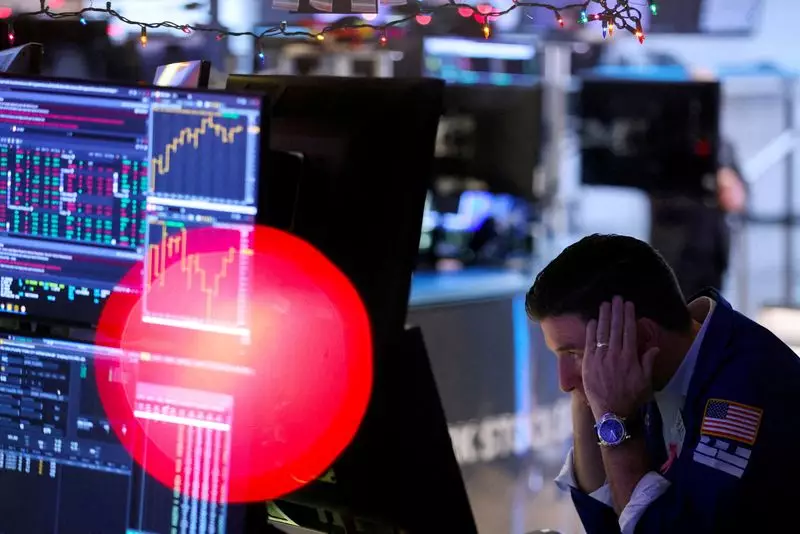In an increasingly unpredictable global landscape, particularly with the ongoing conflict in the Middle East, investors are reassessing their strategies to mitigate the risks associated with geopolitical tensions. Analysts at UBS emphasize the critical importance of diversification as a paramount strategy in safeguarding investment portfolios against individual risk factors, such as military conflicts and their potential ripple effects on global markets. By spreading investments across various asset classes and geographic regions, one can enhance resilience against localized disruptions that might otherwise wreak havoc on financial stability.
Current Geopolitical Climate and Market Reactions
The recent escalation between Israel and Hezbollah has understandably raised alarms concerning regional instability, yet UBS notes that the global market’s immediate response has been relatively tempered. Investor sentiment seems cautiously optimistic, albeit fragile. The possibility of broader escalations involving key players such as Iran and the U.S. looms as a significant threat, which could result in serious interruptions to essential energy supplies. Such disruptions could lead to heightened volatility in global financial markets, particularly within the oil sector, underscoring the urgency for a strategic response from investors.
In evaluating the risks associated with energy supplies, particularly from crucial routes like the Strait of Hormuz, UBS suggests that incorporating oil-related assets into investment portfolios could act as a safeguard against potential energy market shocks. Although oil prices have remained stable in the face of current tensions, vulnerabilities persist. Analysts warn that significant disruptions could propel Brent crude prices above the USD 100 per barrel mark for extended periods, further complicating the investment landscape and underscoring the importance of proactive asset management.
Gold: A Timeless Safe Haven
Amidst geopolitical uncertainty, gold has emerged as a particularly attractive asset. With prices already reflecting a substantial 30% increase year-to-date, analysts anticipate continued upward trends fueled by several factors, including potential interest rate cuts by the U.S. Federal Reserve, seasonal demand fluctuations, and increased purchasing by central banks. For investors, gold serves as a safe haven asset that can provide added stability and serve as a hedge against the volatility that often accompanies political unrest.
In addition to gold, analysts at UBS recommend maintaining exposure to high-quality credit assets. These investments can provide stability during tumultuous market conditions, offering a buffer against the shocks that can arise from geopolitical instability. It’s worth noting that while the Israeli shekel has deteriorated amid the ongoing conflict, the broader global economic landscape still holds merit, and it’s essential for investors to remain focused on fundamental economic drivers rather than becoming overly preoccupied with regional developments.
While geopolitical events pose undeniable risks, a well-diversified portfolio, carefully positioned in response to contemporary threats, can foster long-term stability and growth.

